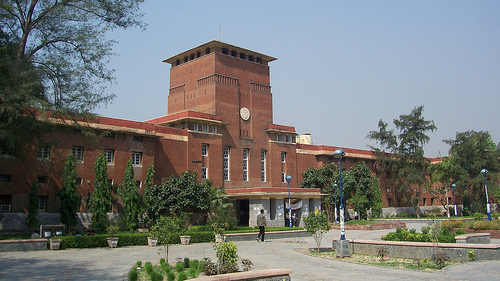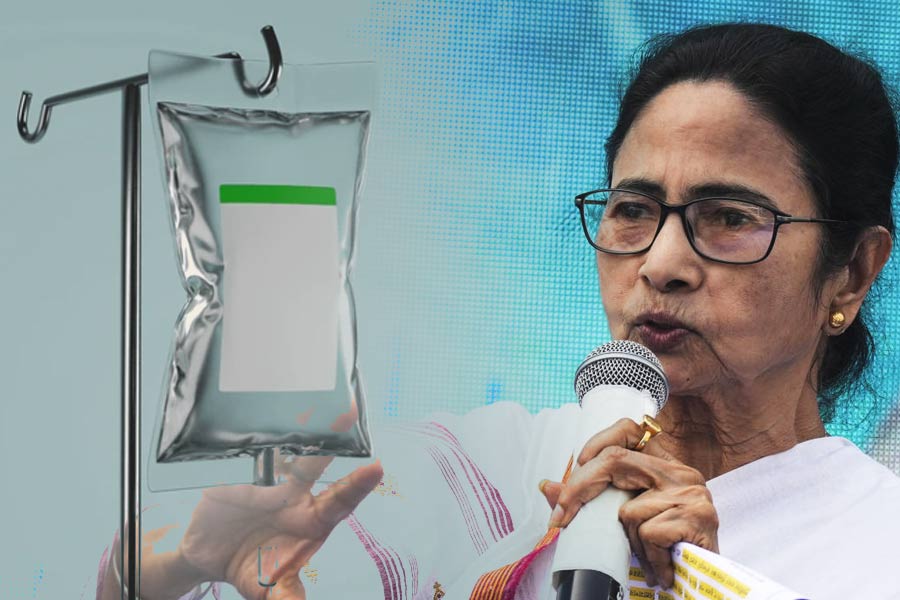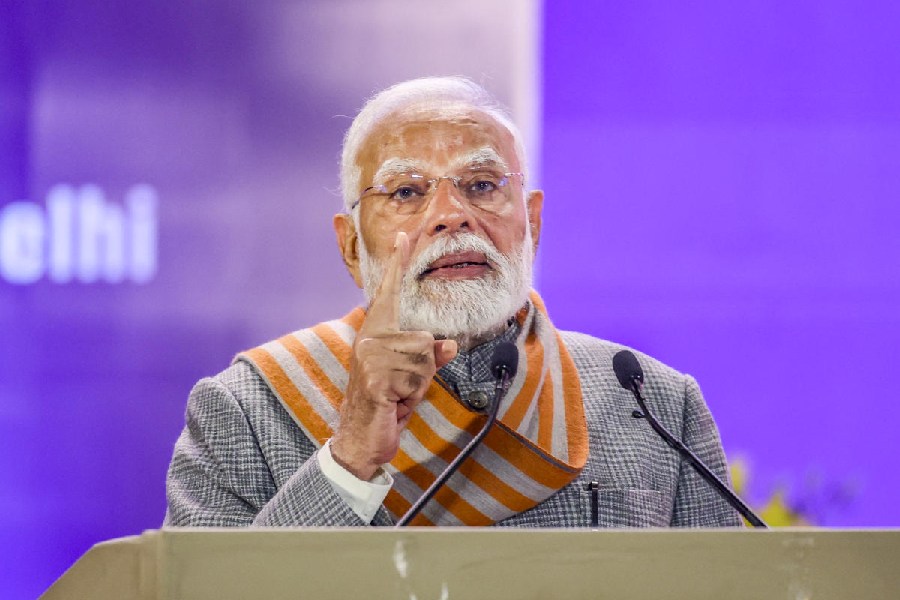The four-year undergraduate programme has returned to the University of Delhi. The memory of the messy, short-lived FYUP, introduced in 2013 and withdrawn in 2014, casts a shadow on this avatar of the programme which, the university authorities claim, is qualitatively different from the earlier version. Before going into the substance of the course, we need to look at the process. In 2012-2013, the then vice-chancellor had rammed the course through the university bodies ignoring protests by the faculty that such a momentous change required a longer deliberation allowing teachers to have their say. This time too, the academic council and the executive council, knowing too well that the faculty have not been allowed to discuss the proposal, decided to bow to the authorities. These bodies thus robbed the teachers, who would be teaching these courses, of their academic right.
Before we discuss the substance of the FYUP, what must concern us is that the universities have made it a habit to take crucial decisions which would have far-reaching effects by stealth. The authorities subvert the established processes of deliberation, compromise them by luring a section of the teachers, making them members of committees which supersede the statutory bodies and, thus, corrupt the process of decision-making in academic matters. The committee set up to work out the structure of the FYUP had submitted its report in February, 2021 and the vice-chancellor had shared it with the academic council members, but he did not think it necessary to seek their feedback. How does all this justify the act of bypassing all statutory committees?
We must also not ignore that all this was done during a period in which normal life was in complete jeopardy due to the pandemic. This is certainly not the best time to frame policy decisions when everything is being done in an emergency mode. We were told that the Delhi University authorities arbitrarily invited members of the academic council and the rest were asked to connect online. In the meeting, there was hardly any intervention from the members present virtually. The authorities did not even put the proposal to vote. If this is how such huge decisions are taken, then we should forget about finding a respectable place in international academia. More than the authorities who want to please the political power, this is a poor reflection on the professoriate of the university system who do not take their jobs seriously and bend too easily.
The new FYUP is being presented as a revolutionary makeover of the undergraduate programmes of Delhi University. The current undergraduate programme does need reform as all programmes do, but what is being proposed as an alternative is worse. It says that its unique feature is the multiple exit and entry points. You get admitted to a four-year programme but now you have the democratic freedom to exit after one or two years as well as the right to a certificate and a diploma, respectively. If you wish to exit after three years, you get an honours degree but the fourth year earns you a BA honours with research. Usually certificate, diploma and honours are three very different programmes and cater to different academic and worldly needs. What is happening here is that there is only one whole programme — the four-year course — and it is being made to answer to four different needs. Fragments of this four-year course constitute the certificate and the diploma programmes. The world over and in India too certificate and diploma programmes are designed separately, as whole units. They are never parts of a different whole. Here, the students are being asked to walk away with some papers of the four-year programme christened as certificate or diploma. Their value would not even be worth the paper on which they are printed.
The claims that these programmes have flexibility, are student-centric, that they allow students to earn significant amounts of credit from other universities and transfer them, and permit online platforms like Swayam to make their own degrees need to be examined carefully. The University Grants Commission is pushing universities to take large components from the Massive Open Online Courses or online programmes. The aim, obviously, is to reduce the number of teachers. The argument is, again, democratic: that it gives the students agency and removes the tyranny of teachers. But we need to ask the real question: where is the money for the resources that the additional fourth year would need? We would know the answer if we were to look at the pattern of fund cuts in all higher education institutions. A pauperized university is expected to enrich the intellectual experience of the youth. Here lies the deception of these ‘glamorous’ reforms.











